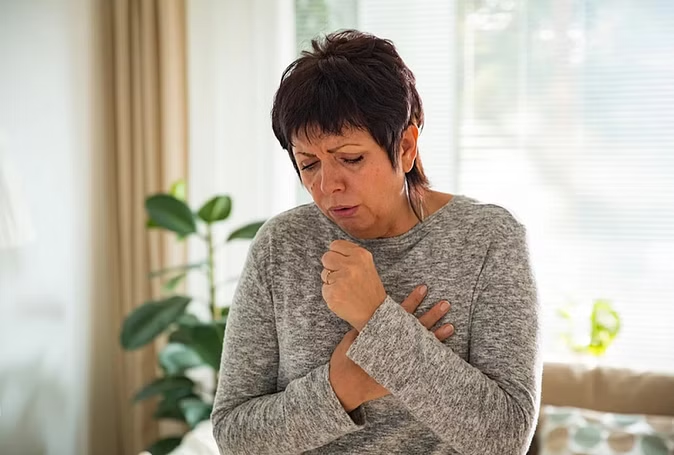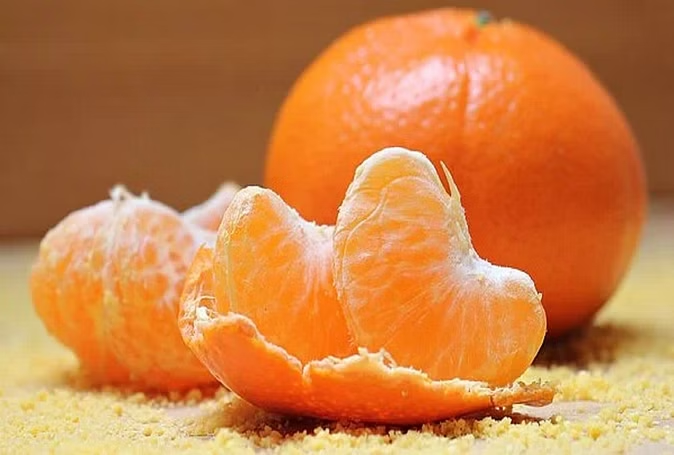There is no substitute for a workout. To keep yourself healthy, it is very important to work out, whether you go to the gym, go for a run or do any other physical activity. Workout makes you more active.
However, it is often seen that people complain of muscle cramps after a workout. This is very common, but it causes a lot of pain and uncomfortable feelings.
The primary cause of muscle cramps is considered to be muscle fatigue or overuse. Especially, this happens when you do intense physical activity or exercise. Even dehydration can cause muscle cramps. However, if you adopt some small tips then muscle cramps can be avoided. So today in this article we are telling you about some such tips-
Stay hydrated
To overcome the problem of muscle cramps, it is very important to stay hydrated. Dehydration is often associated with muscle cramps. A study published in the Journal of Athletic Training suggests that dehydration can contribute to muscle cramps, and taking care of hydration can make it less likely. Therefore, ensure that you stay adequately hydrated before, during and after your workout.
Warm-up and cool down are important

If you want to avoid the problem of muscle cramps after a workout, then always do a warmup and cool down. Warming up prepares your muscles for the activity, which reduces the chances of getting cramps to a great extent. Similarly, do cooldown exercises to gradually reduce workout intensity. This will also help in preventing muscle cramps.
Focus on stretching
You may not know, but stretching also helps in removing muscle cramps. When you stretch, it improves flexibility. At the same time, muscle stiffness is also reduced.
Therefore, include stretching in your workout routine. Make sure to stretch the muscles you have worked on during your workout. According to a review published in the Scandinavian Journal of Medicine and Science in Sports, stretching can reduce the risk of muscle cramps.
Exercise intensity

The intensity of your exercise can also be responsible for muscle cramps. Many times we try to lift too much weight in the very first set or suddenly increase the intensity and duration of the workout, due to which the chances of getting muscle cramps increase a lot.
Therefore, always keep in mind that you give your muscles time to adapt to the workout. To avoid muscle cramps, progress your workout slowly.
Maintain electrolyte balance
An imbalance in electrolytes like potassium, sodium, calcium and magnesium can cause muscle cramps. A study published in the Journal of the International Society of Sports Nutrition suggests that electrolyte imbalances, particularly low levels of magnesium and potassium, increase the risk of muscle cramps. Therefore, consider consuming electrolytes-rich foods or drinks during your workout.
Image Credit- freepik










